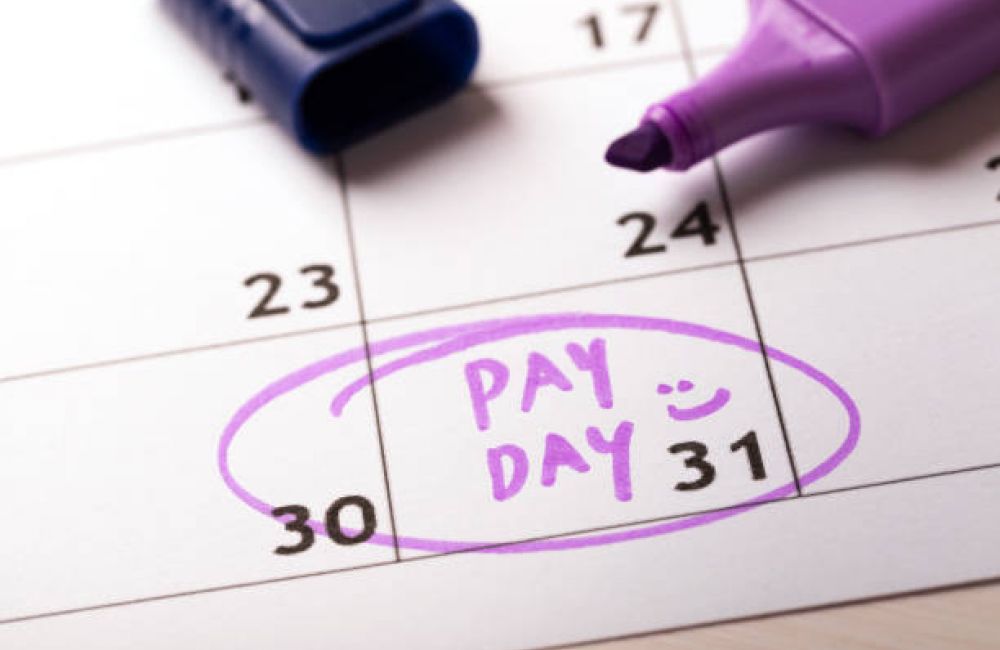Most lawyers are aware that New York has a pay frequency statute for workers in various industries. But does everyone know this?
For entrepreneurs and those new to human resources, watch out for Labor Law section 191 which outlines the frequency with which your employees must be paid. Note that section 191 applies to private sector employers and protects their employees only. Federal, State, and local government employers aren’t covered by this law, but charter schools (even though they’re public schools in New York), private schools, and non-profit organizations must comply.
Section 191 separates employees into several categories with different pay-frequency requirements: manual workers; railroad workers; commission salespersons; and clerical or other workers. We’ll address each in turn below.
Manual workers must be paid weekly and no later than one week after the end of the week in which the wages were earned.
Manual workers are those who spend 25% or more of their working time doing physical labor, such as mechanics and laborers. Other kinds of manual workers include hairdressers, janitors, chauffeurs, pharmacy technicians, and restaurant workers. Their tasks run the gamut from stocking shelves, cleaning, digging ditches, standing and walking for long periods of time, and unpacking deliveries.
But if a manual worker works for a nonprofit organization, their frequency requirements are a bit different. Rather than paychecks being weekly, manual workers for nonprofits must be paid at least twice a month but may be paid more frequently based on the terms of their employment.
Railroad workers are another group that must be paid weekly under section 191, and they must be paid on or before Thursday each week. Their paychecks have to include their wages from the seven-day period ending on the Tuesday of the week before their payday.
Railroad employees work with steam, electric, or diesel surface railroads or in the sleeping car business. They include maintenance workers and engineers. However, the law doesn’t apply to executive employees of railroads.
Commission salespersons must be paid at least once a month, and they need to be paid no more than one month after the month in which their wages were earned. But bonuses or incentive earnings can be paid less frequently than once a month. Commission salespersons are the folks who sell goods and services and whose earnings are based in whole or in part on commissions, not including those in executive, managerial, or administrative positions. Common job titles include insurance and automobile salespeople and travel agents and brokers.
Clerical and other workers are the final category identified in section 191, and they’re required to be paid at least twice per month unless their contract states otherwise.
Notably, section 191 doesn’t address those New Yorkers employed in a bona fide executive, administrative, or professional capacity so long as they meet the compensation threshold which varies by category and implicates both New York and federal law. Some examples of employees generally in this category are managers, directors, officers, and executives.
If you have a question about pay frequency or other workplace compliance issues, feel free to reach out to The Coppola Firm at 716.839.9700 or info@coppolalegal.com. We’re here to help.

